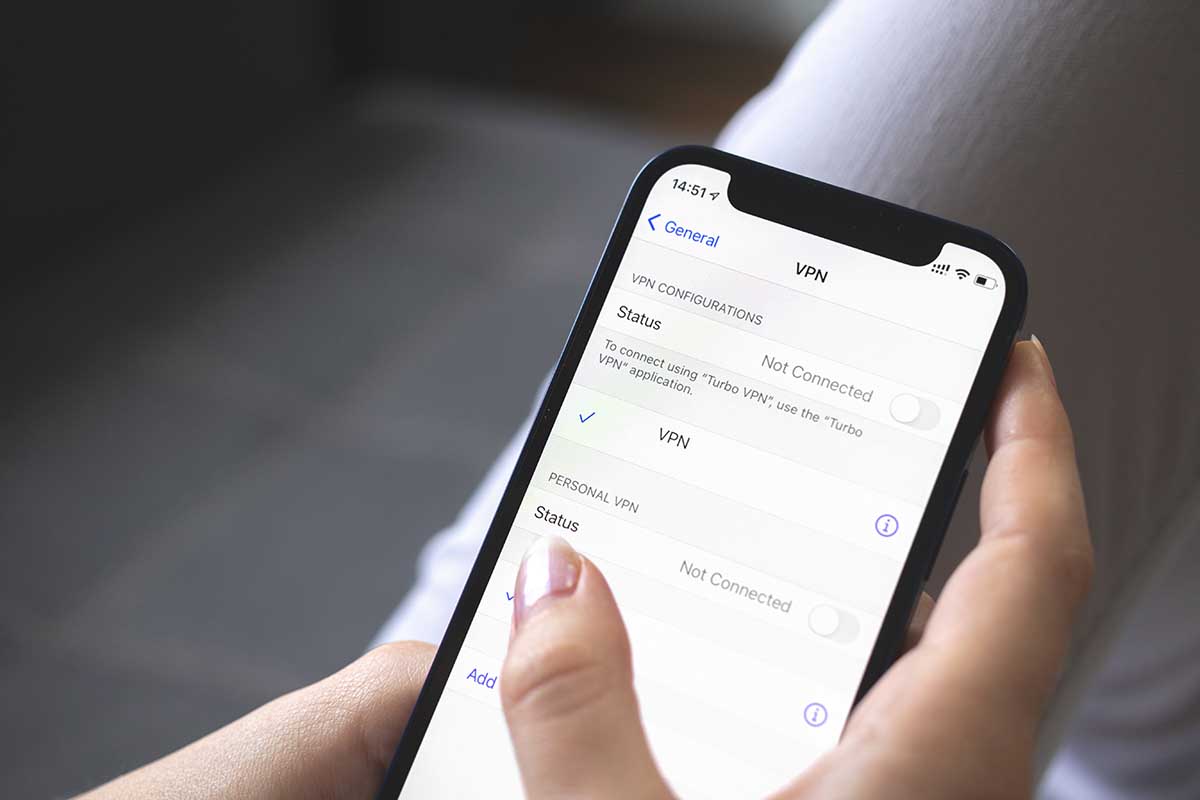How Your Physical Location Affects Content Online
Modern internet users take the web and its incredible inventions for granted. IT transformed and enhanced our lives at such a rapid pace an average internet user did not have the time to spot and appreciate the ongoing revolution. Today, the web and its comfortable, efficient, and incredibly engaging tools feel like a gift whose greatness overshadows the downsides.
When the average internet user is distracted and consumed by new, innovative software and hardware, the disadvantages of IT reliance and addiction start to emerge. Because web access is integral for efficient living in modern society, nobody cared about the damage to user privacy until it became too late.
No groundbreaking inventions come free of cost. Something’s got to give, and we no longer have this choice. When digital solutions are integral to modern society’s functionality, internet users no longer have the choice or say in their privacy. Massive storage containing delicate information about every user and intricate details of our lives has become the unethical fuel for future innovation.
One of the biggest violations we want to focus on is location tracking via various access points. In this article, you will learn how your region affects a browsing experience, the ethical and wrong reasons why that happens, and the tools that help us take back privacy into the hands of users.
For example, with a Turkey proxy, you can anonymize yourself and become an internet user accessing the web from that region and be presented with a completely different browsing experience.
You can choose a Turkey proxy or any preferred address from distant regions. To get the best experience, choose the best proxies from reliable providers. But more on that later – let’s focus on location tracking and how it affects internet access.
GPS location tracking
Most mobile devices have GPS trackers installed, which helps enhance the services of certain built-in or downloaded software. Map apps are a common choice for orientation for internet users finding themselves in unfamiliar places.
However, the companies behind the applications often collect this data and use it for further analysis. If forced by government agencies or to fulfill a personal goal, these tech giants can use the information from GPS trackers to help law enforcement, run location-based ads, or improve developed goods and services.
While complete stoppage is not guaranteed, you can disable GPS tracking in your device’s settings. Still, there is no way of knowing that tech giants do not continue collecting information in silence.
Wi-Fi location tracking
Wi-Fi location tracking occurs when devices close to the access point begin communication. Some hotspots require users to sign-up and disclose location tracking, while connections to unknown networks may not be so generous.
To avoid tracking and further exposure of private data, only connect to wireless access points you can trust, and only turn on wi-fi and Bluetooth settings if you plan to use them.
IP location tracking
A public IP address, assigned to your device, displays your approximate location to servers that receive your connection requests. To test the accuracy of tracking, visit whatismyip.com and observe the presented data. You can hide this information and preserve privacy by connecting to the internet via a proxy server or a VPN.
VPNs or Virtual Private Networks are also great for accessing public networks because they create a tunnel that encrypts the delivered information until it reaches the endpoint. Their only downside is flexibility – once you connect via a VPN, all the data packets traveling through the web will communicate under a fake identity.
Proxy servers are more flexible because you can separate your connection into desired segments if you have appropriate IP addresses. You can continue one browsing session with an address that is closest to your approximate location to maximize internet speed.
How physical location affects content online: how to change your location
While manipulation of GPS and location tracking is near impossible, you can still change your region by altering your IP address. Internet connections through VPNs and proxy servers change the web traffic in a way that assigns a different identity to your information.
The observed version of the internet can change depending on your IP address location because web server owners have multiple templates to guarantee the personalized treatment of visitors for many different reasons.
It is mainly used for localization, seeking to maximize the engagement of users from a particular region but IP filtering is also used for geoblocking – blacklisting of unwanted addresses, either from specific individuals or all visitors from the area.
Residential proxies are your best bet and provide a believable decoy that will help you observe the web as if you were a user from a different region. With addresses supplied by authentic internet service providers, residential IPS are the most secretive addresses that will help you access information and data that is not accessible with your IP address or you do not want to risk recognition.
Location changes online can present an entirely different browsing experience. Tech companies that operate the most extensive social networks and run ads track users to improve these services and give us a personalized browsing experience. At the same time, website owners look for your IP address to create a more welcoming atmosphere. If you do not want to follow these rules, get yourself a proxy server or any other internet privacy tool that will hide your IP address.




















